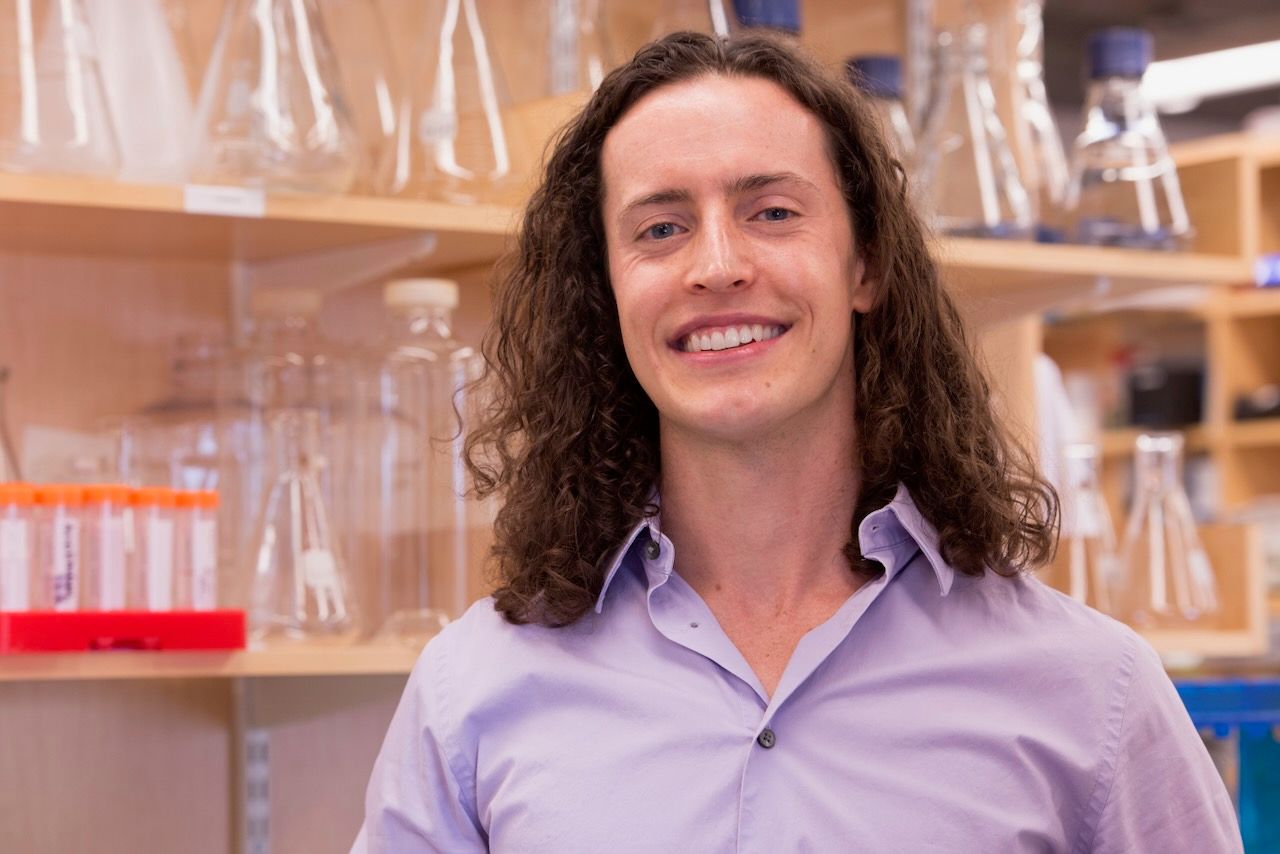After I finished my PhD, I did a "postdoc" (postdoctoral research) at the Harvard School of Public Health in Boston.
I dived deeper into molecular nutrition during this time. Even a cup of coffee can contain a thousand molecular compounds with potential effects on physiology and health, but few have been studied. I did some work to help illuminate the links between food molecules and physiology. I won a year of grant funding and collaborated with researchers at MIT and in pharma. You can see one of my conference posters here.
I learned the importance of reproducibility. In science, reproducibility occurs when different scientists do the same experiment and get results that agree. The science career system does not incentivize reproducibility. As a result, the scientific community is experiencing what has been called a "reproducibility crisis" or "replication crisis," in which published research can't be reproduced by multiple labs, or oftentimes even repeated within the same lab by the same person. The book "Rigor Mortis" by Richard Harris provides a useful summary of the crisis.
I started thinking about how software, lab automation, and other technology tools could help with reproducibility. For example, documentation certainly seems important for reproducibility. Molecular biologists perform complicated experimental protocols with many steps, and each step can affect the outcome. It's difficult to document experiments in enough detail so that other scientists can learn from, and reproduce, our work. I could see the importance of documentation in other fields as well. For example, the surgeon Atul Gawande wrote a book called "The Checklist Manifesto" describing their research about surgical checklists, a form of protocol or documentation. Distributing a checklist to surgical team members reduced patient deaths by half. Couldn't software help us document and reproduce our work?
I started using an electronic lab notebook (ELN) to replace the antiquated paper lab notebooks my lab at Harvard was still using. It wasn't a smooth transition. On a Saturday afternoon on which our ELN was experiencing an extended cloud outage, I had an epiphany. I realized software skills would empower me to alleviate problems like this and improve productivity for other scientists in the future. I decided to learn software engineering and start a career in tech.
During this transition period into tech, I offered to coordinate the operational logistics of the lab as lab manager. I worked with the other lab members to achieve numerous improvements to lab infrastructure and culture. I also encountered a new set of lab management pain points that could be addressed with better tech.
